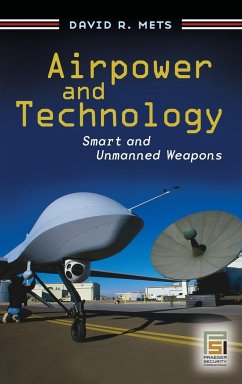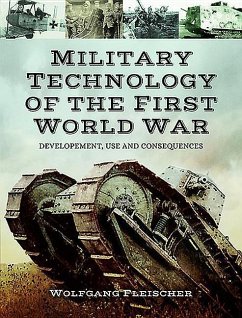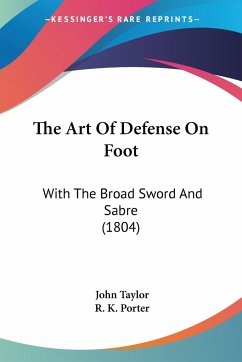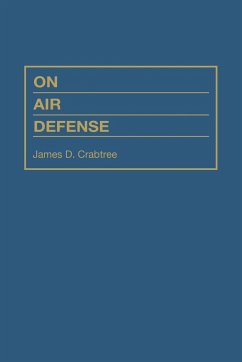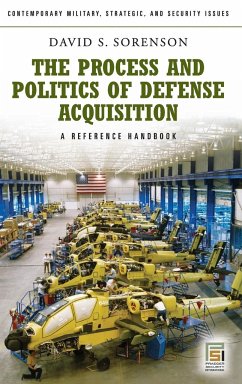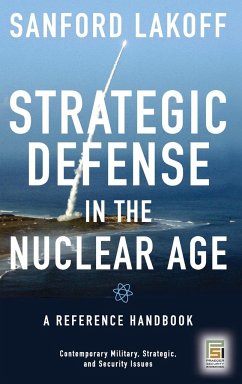
Defense Technology
Versandkostenfrei!
Versandfertig in 1-2 Wochen
88,99 €
inkl. MwSt.

PAYBACK Punkte
44 °P sammeln!
Eminent defense officials, scholars, and military officers offer a thoughtful, comprehensive, and well balanced evaluation of U.S. defense technology in this highly-informative volume. They carefully analyze such difficult questions as: What technologies should be pursued and for what purposes? How should these technologies be pursued and integrated into U.S. defense posture? What are the implications of America's increasing reliance on advanced technology? Throughout the book, the contributors provide cogent answers to these questions and more as they seek to illuminate understanding, clarify...
Eminent defense officials, scholars, and military officers offer a thoughtful, comprehensive, and well balanced evaluation of U.S. defense technology in this highly-informative volume. They carefully analyze such difficult questions as: What technologies should be pursued and for what purposes? How should these technologies be pursued and integrated into U.S. defense posture? What are the implications of America's increasing reliance on advanced technology? Throughout the book, the contributors provide cogent answers to these questions and more as they seek to illuminate understanding, clarify debates, and promote contributions of advanced technology to U.S. defense and security. Defense Technology offers both the interested citizen and the serious student of U.S. national security affairs a broad range of reasonable positions on the problems, prospects, and consequences of America's reliance on advanced technology in its national defense. In its six comprehensive parts, Defense Technology offers vital information on its controversial topic. Part One introduces the role of technology in U.S. national security. Next, the contributors set the context of defense technology: its importance, its context in U.S. approaches to foreign and defense policy, its implications in international affairs, and the dilemmas it poses for U.S. policymakers. Part Three and Four present assessments of opportunities for exploiting advanced technologies in both strategic and conventional military force capabilities. In part five, experts examine various approaches for organizing and managing the development and integration of defense technology into the U.S. defense sector. The final part offers insights into the broad implications that emerge from the conclusions about these important questions.






